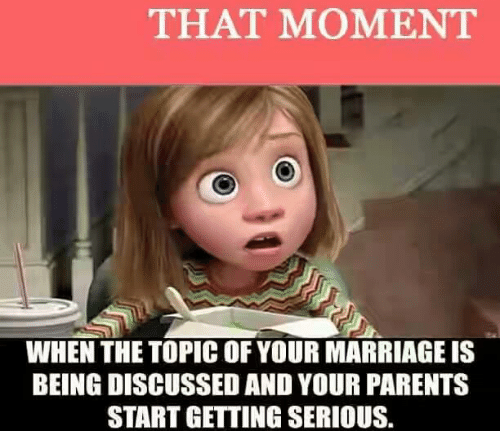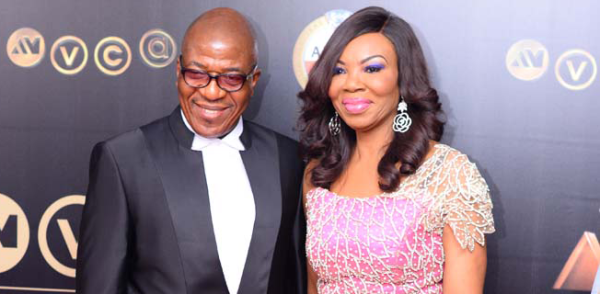Chief Obi was a quintessential Igbo man as far that the stereotype went. At fifty-six he was a rich merchant trading on imported bathroom fittings. His English was terrible, but he didn’t care much for finishing school and other such luxuries. As far as he was concerned, the sum of a man’s success could be represented by a bank balance or estimated by his wife’s presence. The jewellery she wore, the car she arrived in, the bag she carried, and other such accessories. As for himself, he only upgraded to an iPhone after his son literally dropped his flip Motorola in a cup full of water.
‘Nkechi, you are not getting any younger oh. Look at your cousin Nnenna. Is it not the same year you people finished from school and she already has two children.’
‘Daddy, she had twins.’ Nkechi said with a mouthful of breakfast.
‘Ehen, but you don’t even have boyfriend. Don’t you want me and your mother to carry grandchild? Or is it when we are old and can’t carry anything?’
‘I can’t just go and carry any man on the street because I want to marry. It’s not easy to find a good man these days daddy.’
Chief Obi paused from eating.
‘But I have been recommending good boys for you. What about Chuka? He is a graduate from London like you. His family are well to do, and he is even from our village.’
Nkechi sighed in frustration. She had met with this Chuka before. On paper he was the poster child for marriage, but in reality if he was any more full of himself he would probably physically implode. You would have thought the exposure to Western living would have shown him that self improvement for men meant a bit more than acquisition of more wealth, far from it. If anything, it only made him more egotistical. He was one of those men that believed money was the answer to every problem, and if the first handful of cash wasn’t working, one only needed to throw more at it.
‘Chuka is just a typical Naija man biko. He thinks because he has money I should be bowing at his feet.’
At this point her mother stepped in.
‘Nkechi, this is the problem with your generation. Is he not the man? You want him to bow to you instead?’ she shook her head, ‘umuazi’a ga alu puta nmadu one day.’
‘This is the problem with your generation. You think things are still the way they were in your time. So you mean to say you sent me to school abroad to come back and be somebody’s maid?’
‘Nobody is saying you should be his maid. But you have to accept that he is your superior in the household. Two captains cannot run one ship.’ Her mother said.
‘That is how it starts. Before you know it the man starts seeing you as just another extension of the world that exists to serve him.’
Her father cleared his unfinished food to one side and wiped his mouth.
‘I should have never sent you abroad. Now you think you have grown wings with all these oyibo ideas eh?’
Nkechi had to fight the urge to roll her eyes out of respect for her parents. It killed her inside to think that any idea that was remotely progressive was automatically tagged to be “Western” and hence unacceptable. It baffled her how her parents ever expected her to spend all these years in the West and not pick up some of their popular views.
‘Daddy, even young people that have never left Lagos have Internet for information. The world is changing and we have to change with it. Mummy, your father had three wives, right? So why didn’t you become somebody’s second wife?’
Silence fell on the table.
The battle between traditional ways and modernization was compounded by a need for parents to feel like their cultural identity was carried on through their children. In fact, one could argue that the intention of most parents when having children was to make extensions of themselves to vicariously live through. The child’s happiness and freedom was only approved when it was in line with what the parent wanted. Nkechi wondered if perhaps one day she too would be having breakfast with her daughter, fighting over the new progressive ideas just because she couldn’t understand them. Oh the cycle of life, ever so repetitive, ever so hypocritical.






1 comment
Thanks for sharing your views about the gap between modern and old generation. Keep Posting 🙂